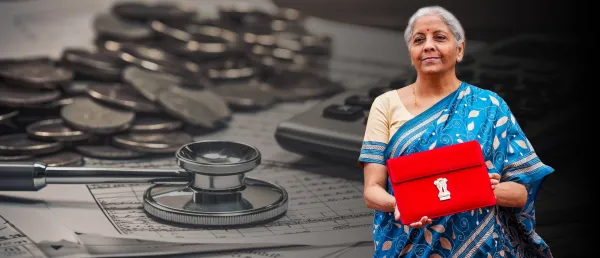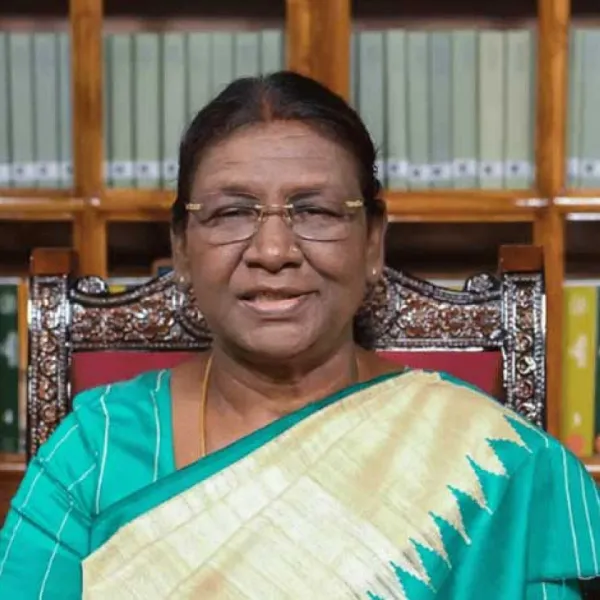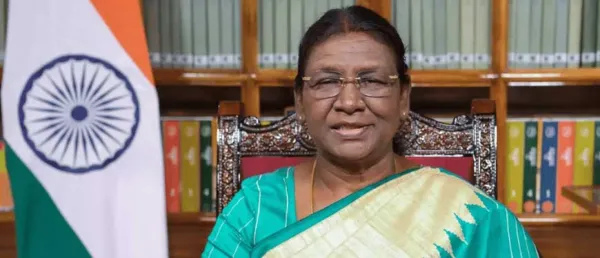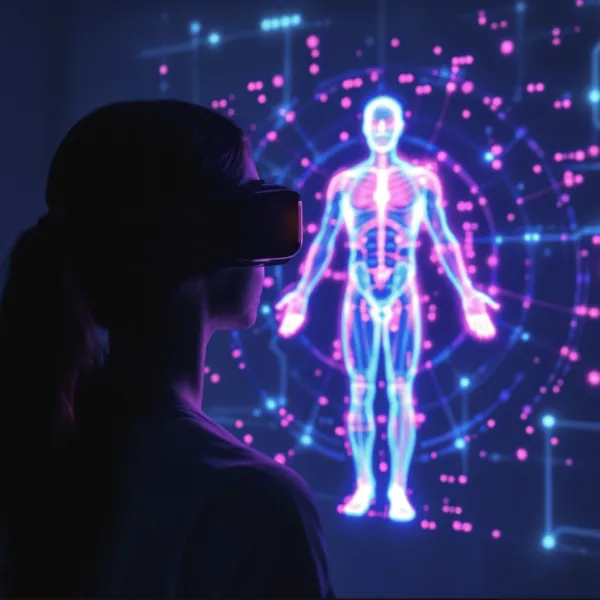Clinical Transformation in Action: Leveraging Digital Health for Smarter & Personalized Care

The evolution of healthcare has been propelled by advancements in digital health technologies, enabling a shift towards more personalized, efficient, and patient-centric care.
In India, where healthcare accessibility and affordability have long been challenges, digital health initiatives are revolutionizing clinical practices. Integrating artificial intelligence (AI), telemedicine, electronic health records (EHRs), and precision medicine transforms patient care, improves outcomes, and reduces costs. This article delves into how digital health reshapes the Indian healthcare ecosystem and its potential to drive clinical transformation.
The Role of Digital Health in Clinical Transformation
Digital health encompasses a wide array of technologies designed to enhance healthcare delivery. These tools redefine traditional healthcare models, from AI-driven diagnostics to remote patient monitoring. Clinical transformation through digital health is evident in implementing electronic health records, ensuring seamless patient data interoperability across healthcare facilities. India's Ayushman Bharat Digital Mission (ABDM) is creating a unified digital health ecosystem that enables healthcare providers to access comprehensive patient histories, leading to more informed decision-making and reduced medical errors.
Telemedicine has become a crucial component of digital health, especially post-pandemic, bridging the gap between patients and healthcare providers. Platforms such as eSanjeevani have facilitated millions of teleconsultations, ensuring that even those in remote areas can access specialized medical expertise. Remote patient monitoring, supported by wearable devices and Internet of Things (IoT) technology, has also emerged as a game-changer, allowing real-time tracking of chronic diseases and enabling early intervention. Artificial intelligence and machine learning in healthcare enhance diagnostics, predictive analytics, and administrative efficiency. AI-driven tools are being deployed in radiology, pathology, and genomics, improving diagnostic accuracy and quicker turnaround times. Virtual assistants and AI-powered chatbots also enhance patient engagement by responding instantly to queries, scheduling appointments, and issuing medication reminders.
Personalized healthcare is gaining traction with the advent of precision medicine, which tailors treatment plans based on genetic, lifestyle, and medical history factors.
In India, institutions like Tata Memorial Centre leverage AI-driven genomic data analysis to develop targeted cancer therapies, significantly improving patient outcomes. Simultaneously, blockchain technology is being explored to secure and streamline medical records, ensuring transparency and reducing fraud in healthcare transactions.
The Impact of Digital Health on Indian Healthcare
Challenges in Implementing Digital Health in India
Despite its transformative potential, the widespread adoption of digital health in India faces several challenges. The digital divide remains a significant obstacle, with rural areas still struggling with inadequate internet connectivity, low levels of digital literacy, and a shortage of trained healthcare professionals. Bridging this gap requires government investment in digital infrastructure and targeted training programs. Regulatory and data privacy concerns also pose a challenge. While the Digital Personal Data Protection Act (DPDP), 2023, aims to safeguard patient information, clear guidelines on EHR standardization, AI ethics, and blockchain integration are needed to ensure compliance and security.
Additionally, healthcare providers' resistance to change is slowing down the adoption of digital tools. Many clinicians are accustomed to traditional methods and may hesitate to integrate technology into their practice. Awareness campaigns, incentives, and hands-on training programs can play a crucial role in overcoming this reluctance and fostering a technology-driven healthcare environment.
The Future of Digital Health in India
The future of digital health in India looks promising, with advancements in AI-powered predictive analytics enabling early detection of diseases and proactive healthcare interventions.
The introduction of 5G technology is expected to revolutionize telemedicine further, offering high-speed, real-time video consultations and enabling remote surgeries using robotic-assisted systems. The emergence of smart hospitals, where AI, IoT, and robotics are integrated into daily operations, streamlines workflows and improves patient care. Leading institutions such as Apollo Hospitals and Fortis Healthcare are already implementing these technologies to enhance service delivery and operational efficiency.
Conclusion
The digital health revolution is paving the way for India's more innovative and personalized healthcare system. While challenges persist, strategic investments, supportive policies, and continuous technological innovation are set to drive a transformative shift in healthcare delivery. By embracing digital transformation, India has the potential to emerge as a global leader in providing accessible, affordable, and high-quality care.
The future of Indian healthcare lies in harnessing digital tools to empower clinicians, enhance patient experiences, and ultimately improve health outcomes nationwide.
Adopting digital health technologies significantly improves healthcare accessibility, especially in a country where a large percentage of the population resides in rural areas with limited access to quality medical care. Government initiatives such as Tele-MANAS and mobile health clinics ensure that even the most remote regions can access primary and specialized healthcare.
Moreover, digital health solutions are driving down healthcare costs by reducing the need for physical consultations, hospital visits, and redundant diagnostic tests. AI-driven automation of administrative tasks also leads to cost savings, enabling hospitals to allocate resources more efficiently.
Patient engagement and adherence to treatment plans are being strengthened through digital tools that allow individuals to track their health parameters and follow prescribed regimens. Mobile applications providing personalized wellness programs, medication reminders, and AI-driven health coaching are becoming increasingly popular among India's tech-savvy population. Additionally, digital health is instrumental in strengthening public health monitoring and disease prevention efforts. Big data analytics and AI-driven epidemiological surveillance systems are tracking disease outbreaks and helping formulate data-driven public health policies. The success of the Aarogya Setu app during the COVID-19 pandemic highlighted the potential of digital tools in managing health crises efficiently.
Stay tuned for more such updates on Digital Health News































